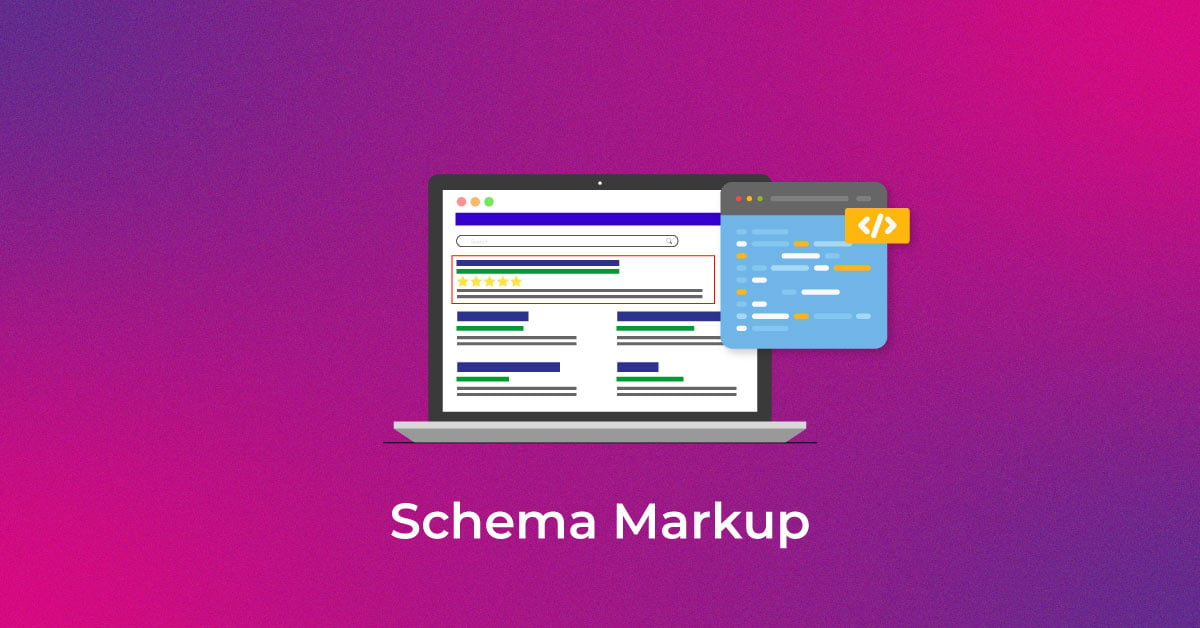Google’s algorithms change continuously in order to give users better, more relevant information. One such improvement is Passage Indexing—a function that allows Google to rank particular passages from a page even if the general content isn’t highly optimized for a keyword.
First announced in October 2020 and rolled out in early 2021, passage indexing (now referred to by Google as passage ranking) marked a significant change in how search results are evaluated and ranked. In this blog, we’ll break down what passage indexing is, how it works, and what it means for SEO.
What is Passage Indexing?
Passage Indexing is a Google algorithm change that enables individual passages (paragraphs or sections) of a page to be ranked separately in search results.
Historically, Google used to rank web pages based on the overall content, structure, and relevance. However, with passage indexing, even if a webpage doesn’t completely match the search intent, a highly relevant passage on the page can rank in search results.
For instance, consider a 2,000-word blog post on “Digital Marketing Strategies,” where a small part describes “what is organic traffic.” With passage indexing, that particular part may show up in search results for a query such as “What is organic traffic,” even if the whole page isn’t optimized for that keyword.
How Does Passage Indexing Work?
Google applies natural language processing (NLP) and machine learning to comprehend better the context and meaning of an individual section within a page. Rather than judging only the whole page, Google is now able to pull out and judge smaller sections separately.
Here’s a simplified overview of how it works:
- Crawling and Indexing: Google crawls your webpage as before and indexes it.
- Understanding Content: Advanced NLP helps Google comprehend the organization of your content, recognizing individual passages or sections.
- Matching Query with Passage: When a user does a search, Google examines not only whole pages but also passages to determine the best match for the query.
Therefore, if your content is a well-written, clear paragraph that answers a specific question, then that paragraph can rank—even if it’s halfway down a long article.
Passage Indexing vs. Featured Snippets: What’s the Difference?
On the surface, passage indexing could seem like featured snippets—but they have different functions.
Featured Snippets are chosen search results on top of Google (Position 0), providing a brief answer to a question.
Passage indexing, in contrast, enables Google to comprehend and rank the relevance of particular passages within long content better. Ranked passages show up as normal search results—not at Position 0—and assist in bringing to the surface information hidden further into the content.
Simply put, presentation is what featured snippets are all about, whereas passage indexing is all about ranking relevance.
How Does Passage Indexing Impact SEO?
Passage indexing has brought a welcome shift in how search results are ranked, particularly for long-form or informational content websites.
Here’s how it influences SEO:
- More Chance to Rank: Even if your page fails to rank for a keyword overall, a well-organized passage can.
- Content Depth is Rewarded: Pages with comprehensive explanations spanning several subtopics are more likely to rank for a range of queries.
- Enhances Search Relevance: Google is now better able to return users content that explicitly answers their query.
But this doesn’t imply you can forego overall page optimization. Google still takes page-level signals such as backlinks, authority, and load time into account when ranking content.
How Do You Optimize for Passage Indexing?
You don’t have to perform technical modifications for passage indexing. However, making your content more organized and easy to understand can be helpful.
Best Practices:
- Write Concise Headings and Subheadings (H2, H3, etc.) to partition content logically.
- Answer Specific Questions clearly in your content.
- Avoid Fluff—keep passages brief and informative.
- Use Simple-to-Understand Language
- Optimize On-Page SEO Fundamentals, like title tags, meta descriptions, and internal linking.
How Does Passage Indexing Impact the Future of SEO?
Passage indexing is a change in how content is discovered and ranked. Rather than just considering page-level SEO, marketers now need to make sure that every section of their content offers value.
- It promotes more user-centric content creation:
- Consider user questions and answer them directly.
- Structure content into defined sections to enhance scannability.
- Better target long-tail keywords.
In total, it closes the gap between long content and search discoverability, and that is good news for both users and publishers.
Conclusion
Passage Indexing represents a major shift in the way Google handles and ranks content. By tuning into the meaning of individual passages as opposed to pages, it brings relevant information more readily to the surface in search.
For SEO marketers, this translates into reconsidering content strategy—not by producing more pages, but by producing better-organized, more thorough ones. If your content is well-organized and informative, passage indexing can make you rank higher and connect with more users.
The next time you’re writing or refreshing content, keep in mind that every passage matters.
FAQs
1. How is passage indexing different from traditional indexing?
Traditional indexing looks at the overall page relevance for ranking. Passage indexing, on the other hand, analyzes and ranks individual paragraphs or sections of a page, enabling even highly buried content to rank for relevant searches.
2. Do I have to implement technical updates to my site for passage indexing?
No technical improvements are needed for passage indexing. However, optimizing your content organization—like having proper headings, clean paragraphs, and targeted answers—can enhance the likelihood of ranking individual passages.
3. Does passage indexing imply that I don’t need to create separate pages for every keyword anymore?
Not necessarily. Though passage indexing can provide greater ranking potential from a single page, it’s still worth making dedicated pages for competitive or high-volume keywords. Employ passage indexing as an enhancement of your current content strategy, rather than a replacement.
4. Can passage indexing be used to enhance rankings for long-form content?
Yes. Passage indexing favors long-form or in-depth content by enabling individual passages to rank for specific queries. If your content is well-structured and addresses several user intents, you can expect enhanced visibility.
5. Is passage indexing supported in all languages and regions?
First, Google implemented passage indexing for English searches in the U.S. Over time; this has been made available in other parts of the world and in other languages as well, though availability can continue to depend on language and market.
6. How do I know if my page is showing up due to passage indexing?
Google doesn’t directly identify or report passage indexing in the Search Console. If, however, you see the full-page content ranking for long-tail, specialty queries that are being answered at depth within content, it may be because of passage indexing.
Popular Searches
How useful was this post?
0 / 5. 0
















